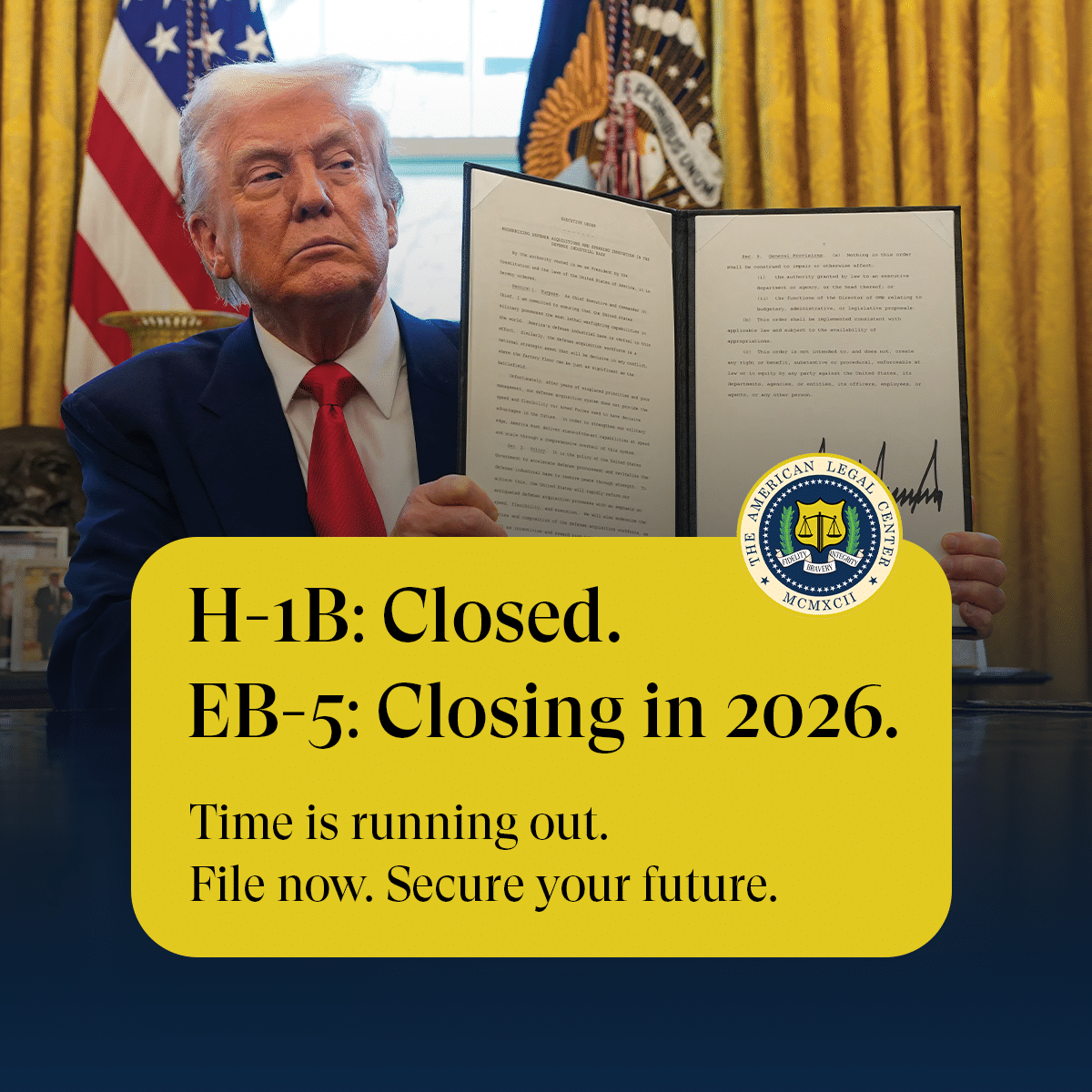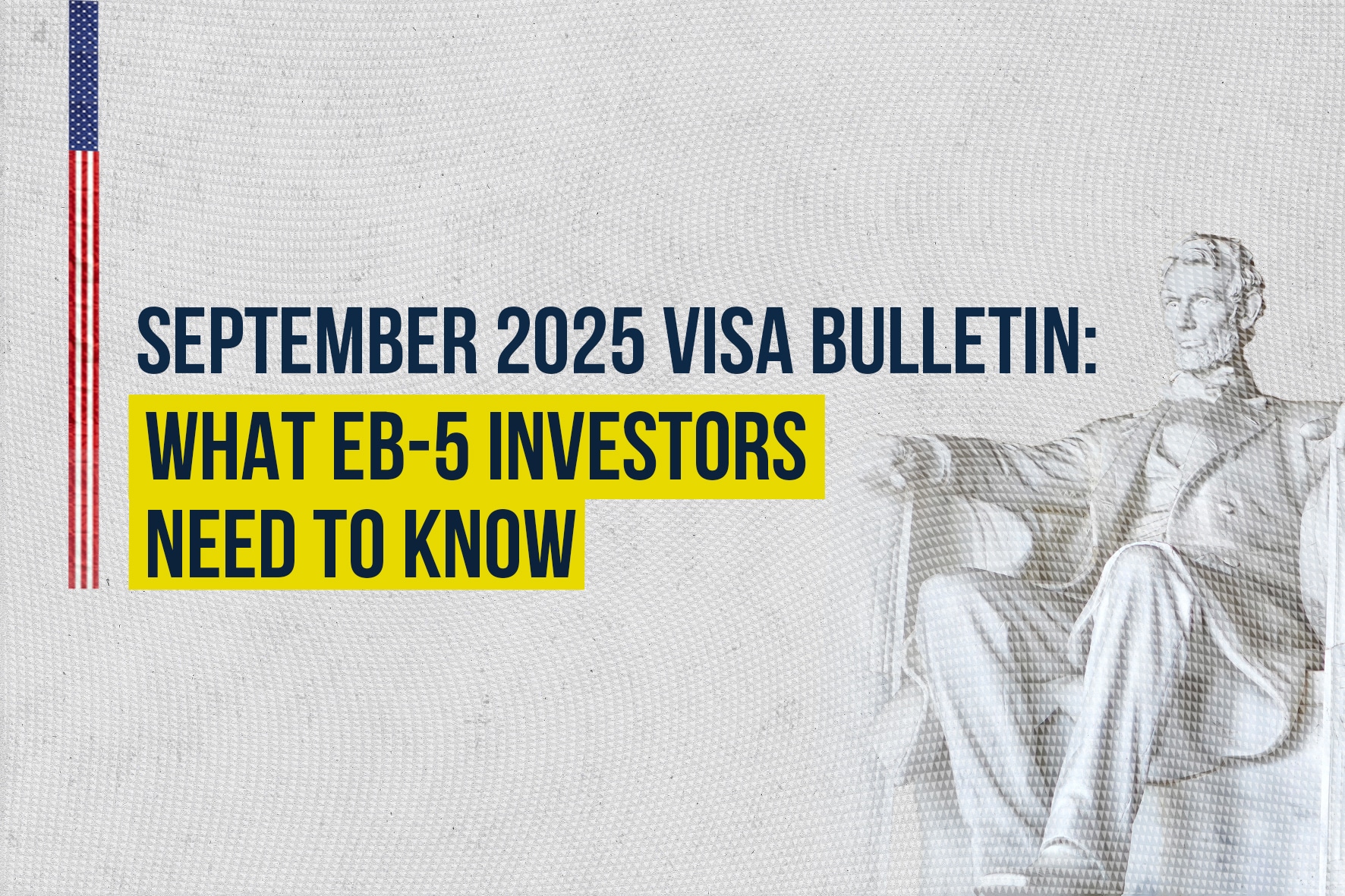
Navigating U.S. Immigration amidst the 2025 Travel Ban
The current administration has issued a travel ban that restricts the issuance of new entry visas and the physical entry of nationals from 19 designated countries. The ban implements both full and partial travel restrictions based on what the administration considers national security and public safety concerns. However, this proclamation, unlike its predecessors, also includes a broader set of exceptions and does not apply to individuals already inside the United States with valid visas.
Out of the 19 countries, 12 countries face a complete suspension of both immigrant and non-immigrant visa issuance. These countries are Afghanistan, Chad, the Republic of the Congo, Equatorial Guinea, Eritrea, Haiti, Iran, Libya, Myanmar (Burma), Somalia, Sudan, and Yemen.
Nationals from these countries cannot obtain any type of U.S. visa, including tourist visas, work visas, or student visas. The comprehensive nature of these restrictions pertaining to the issuance of a visa is not guaranteed.
The remaining seven countries, namely, Burundi, Cuba, Laos, Sierra Leone, Togo, Turkmenistan, and Venezuela, face what the administration calls partial restrictions. This restriction targets certain visa categories; therefore, it does not completely ban entry to the U.S.
Why EB-5 Processing continues
The travel ban creates a critical distinction between petition processing and visa issuance; the proclamation does not address or restrict the approval of Form I-526 or I-526E petitions by USCIS. This means that petition processing will continue uninterrupted for all nationals regardless of travel ban status.
Moreover, investors who received EB-5 visas before June 4, 2025, may still be able to travel to the United States using their valid immigrant visas, as existing visas were not revoked by the proclamation.
A way forward for affected nationals
A viable option for investors who hold dual nationality or have an established legal residence in countries that are not affected by the travel ban is third-country processing. If an investor holds a passport from a country that is not affected by the travel ban, they stand the chance to remain eligible for the EB-5 immigrant investor visa by using their second passport.
For more detailed information on how to navigate your way through the travel ban restrictions, connect with an experienced immigration attorney or contact our offices, and we will guide you on this journey.



